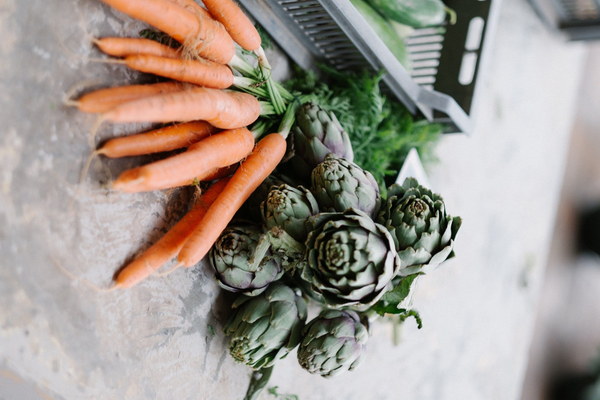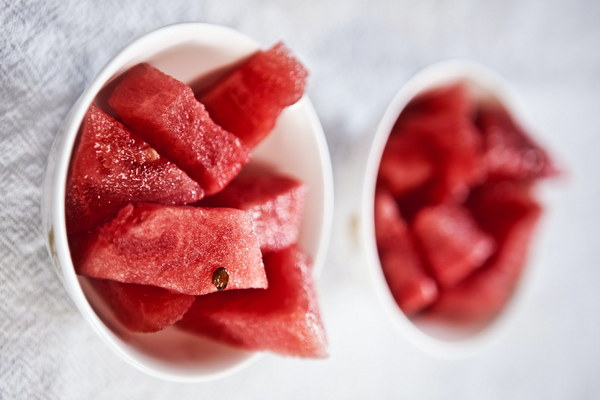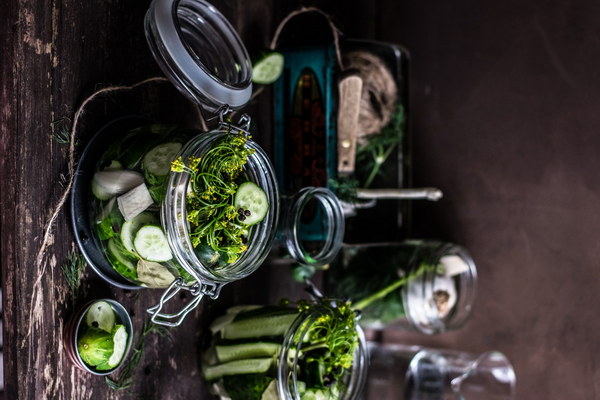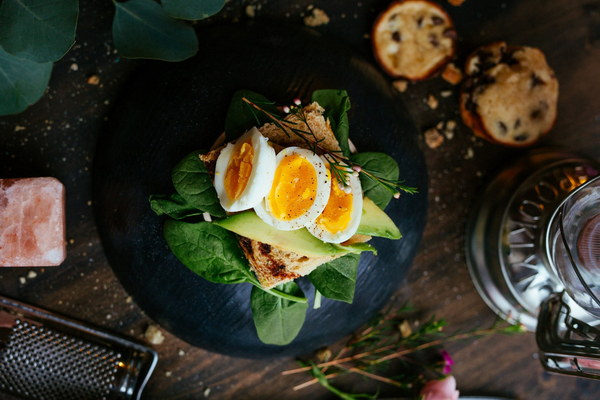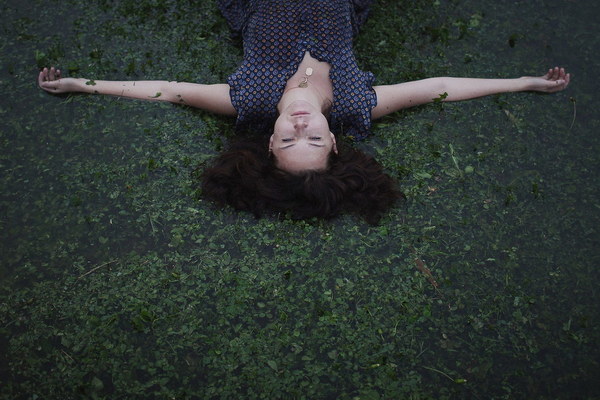Unlock the Ancient Secrets A Soothing Aged Ginger and Mugwort Bath for Excess Dampness Relief
In the realm of traditional Chinese medicine, the art of wellness extends beyond the realms of herbal remedies and acupuncture. One of the most captivating and rejuvenating practices is the ancient ritual of taking a bath with aged ginger and mugwort. This traditional method is believed to have numerous health benefits, including the elimination of excess dampness from the body. Let’s delve into the fascinating world of this centuries-old practice and discover how it can enhance your well-being.
Understanding Excess Dampness
In traditional Chinese medicine, dampness is considered a common pathological condition that can lead to various health issues. It is often associated with poor digestion, water retention, fatigue, and even depression. Excess dampness can manifest in the body as fluid accumulation, leading to bloating, joint pain, and other discomforts. By addressing dampness, individuals can alleviate these symptoms and improve their overall health.
The Power of Aged Ginger and Mugwort
Aged ginger (Sheng Jiang) and mugwort (Ai Ye) are two essential ingredients in the ancient art of dampness elimination through bathing. Both herbs possess unique properties that contribute to the effectiveness of this practice.
Aged Ginger: The Warmth Within
Aged ginger is renowned for its warming properties. It is believed to invigorate the body's internal fire, aiding in digestion and circulation. The warmth of aged ginger can help to expel dampness and encourage the body to release excess fluid, leading to a sense of relief and well-being.
Mugwort: The Purifying Force
Mugwort is a powerful herb that has been used in Chinese medicine for centuries. It is known to purify the blood and enhance the body's ability to expel toxins and dampness. The herb's aromatic qualities make it an ideal addition to a bath, as its scent can help to soothe the mind and relax the body.
The Aged Ginger and Mugwort Bath Ritual
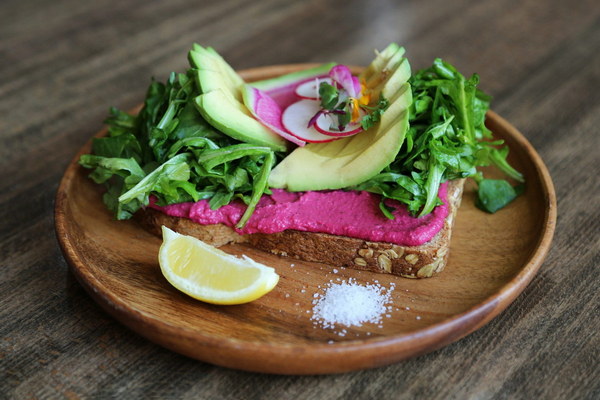
To experience the benefits of an aged ginger and mugwort bath, follow these simple steps:
1. Gather the Ingredients: Purchase high-quality aged ginger and dried mugwort. Ensure that the mugwort is organic and free from pesticides.
2. Prepare the Herbs: Cut the ginger into small pieces and grind the mugwort into a fine powder.
3. Boil the Herbs: In a large pot, combine the ginger pieces and mugwort powder with water. Boil the mixture for about 20 minutes, allowing the herbs to release their therapeutic properties.
4. Strain the Solution: Remove the pot from heat and strain the mixture through a fine sieve to separate the herbs from the water.
5. Add the Solution to the Bath: Pour the strained solution into your bathtub, filling it with warm water.
6. Immerse Yourself: Sit in the bath for at least 20 minutes, allowing the warmth and aroma of the herbs to envelop your body.
7. Relax and Breathe: As you soak in the bath, take deep breaths and let your mind relax. The experience should be soothing and rejuvenating.
Benefits of the Aged Ginger and Mugwort Bath
The combination of aged ginger and mugwort offers a multitude of health benefits:
- Enhanced Circulation: The warmth of the herbs can help improve blood circulation, leading to increased energy levels and a sense of vitality.
- Digestive Support: The warming effect of aged ginger can aid in digestion, helping to alleviate symptoms of bloating and constipation.
- Detoxification: The purifying properties of mugwort can help eliminate toxins from the body, leading to improved skin health and overall well-being.
- Stress Relief: The soothing aroma of the herbs can help reduce stress and promote relaxation, leading to better sleep and a more peaceful mind.
Conclusion
The ancient practice of using aged ginger and mugwort to eliminate excess dampness is a testament to the wisdom of traditional Chinese medicine. By incorporating this ritual into your wellness routine, you can experience a profound sense of relaxation and rejuvenation. So, why not unlock the ancient secrets and embrace the healing power of an aged ginger and mugwort bath?

